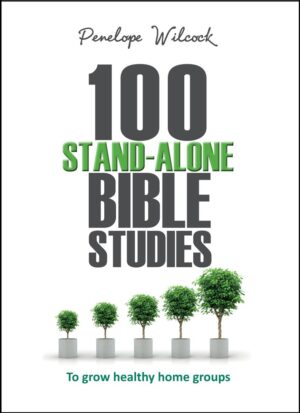



After Jesus was born in Bethlehem in Judea, during the time of King Herod,
Magi from the east came to Jerusalem and asked, “Where is the one who has been born king of the Jews? We saw his star when it rose and have come to worship him”…
… Then Herod called the Magi secretly and found out from them the exact
time the star had appeared. He sent them to Bethlehem and said, “Go and
search carefully for the child. As soon as you find him, report to me, so that I too may go and worship him.”
After they had heard the king, they went on their way, and the star they had
seen when it rose went ahead of them until it stopped over the place where
the child was. When they saw the star, they were overjoyed. On coming to the house, they saw the child with his mother Mary, and they bowed down and worshipped him. Then they opened their treasures and presented him with gifts of gold, frankincense and myrrh. And having been warned in a dream not to go back to Herod, they returned to their country by another route.
“Enter through the narrow gate. For wide is the gate and broad is the road
that leads to destruction, and many enter through it. But small is the gate and narrow the road that leads to life, and only a few find it.”
“Truly I tell you, if you have faith and do not doubt, not only can you do what was done to the fig-tree, but also you can say to this mountain, ‘Go, throw yourself into the sea,’ and it will be done.”
As well as Jewish worshippers, Matthew’s congregation seems to have included Gentiles, and clues from his Gospel suggest a significant number of Zoroastrians. His church was probably Syrian, and Zoroastrianism began in Iran but was a huge and powerful world religion in Bible times – later decimated by Muslim persecution.
Matthew seems to have been writing to both affirm and challenge the different cultural elements within his congregation. The Magi were Zoroastrians, and their homage to Jesus, inspired by their own traditions, is welcomed and accepted. Some of their other teachings – such as the broad and flowery way of righteousness – are challenged. Other beliefs – such as that the world was once smooth, and turbulent spiritual struggle made its mountains and ravines, and once righteousness is attained it will be made smooth again – are seen as fulfilled in the person and power of Jesus.
O God and Father of all, in Jesus you draw together the people of every time
and culture into one household of faith and love. Forgive us when we have been prejudiced or suspicious of our neighbours and fellow believers because of their cultural differences. Open our eyes to the value and beauty of their humanity and their faith. We give thanks for the great work of reconciliation wrought for us and all creation in Jesus’ saving death on the cross. May we set the power of his cross at the heart of our lives and faith, and live every day in the light of his mercy, humility, and grace. We ask it for his love’s sake; Amen.